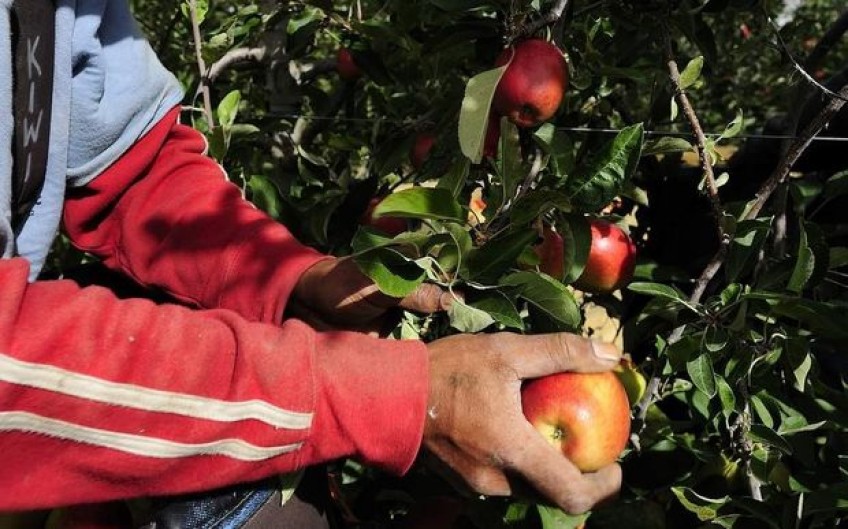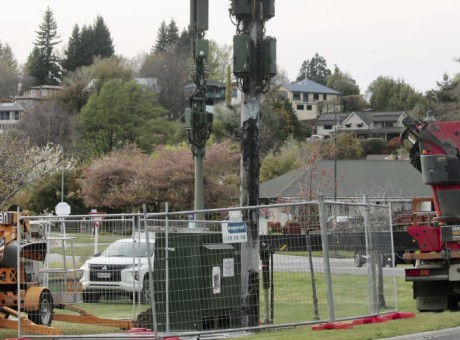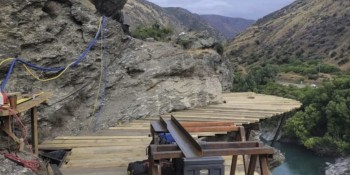More RSE workers allowed but wages may drop and accomodation costs rise

RSE scheme changes:
- The cap on Recognised Seasonal Employer workers would increase by 1250 to 20,750 for the 2024/25 season.
- The pause on accommodation cost increases would be lifted.
- The requirement to pay 10 percent above minimum wage would only apply to experienced workers.
- Workers' visas to be multi-entry and more flexibility for workers to move between employers and regions.
- Workers would no longer have to be screened for HIV.
- Timor-Leste to be included in the scheme.
The government is increasing the number of people allowed in under the Recognised Seasonal Employer Scheme, while reducing the minimum pay for some and allowing an increase in accommodation costs charged to the workers.
Immigration Minister Erica Stanford said an extra 1250 people would be employed in horticulture and viticulture for the 2024-25 season, bringing the total to 20,750.
Employers would be required to pay workers an average of thirty hours a week over four weeks.
Stanford said the freeze on increasing workers' accommodation costs would be lifted, as would the requirement to pay all RSE workers 10 percent above the minimum wage.
Changes also allowed for more flexibility to move between employers and regions and multi-entry visas.
Timor-Leste would also be included in the scheme.
"We are making changes that can be delivered quickly, reduce costs and compliance for employers, and improve flexibility for RSE workers," Stanford said.
Horticulture New Zealand chief executive Nadine Tunley said growers would be pleased with the news.
She said employers would have to pay at least 10 percent above minimum wage after a worker had completed two seasons.
"Part of the RSE programme is that we took people from the Pacific who were not in employment, so needed some training and stuff and that's why it doesn't kick in until their third season."
Accommodation costs differed around the country but the lifting of the pause allowed an increase of 15 percent or $15 whichever was less, Tunley said.
"Finally after five years, and all of the inflation we've faced in that time, that some people... can actually charge a bit more."
Tunley said multi-entry visas were a "big win" as they allowed workers to travel home for a bereavement or family emergency.





















